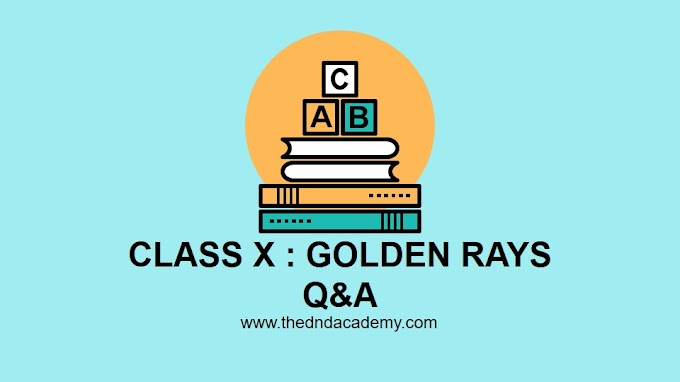A brief description
about Tense. We have included correct forms of verb rules for Present Simple
Tense and Tense Quiz and Exercises in this article.
A tense may be defined as that form of a verb which indicates the time and the state of an action or event. In this manner a verb may refer to
(A)
Time of an Action (Tense)
For example
(i) He goes to school. (Present
time of an action)
(ii) He went to school. (Past time of an action)
(iii) He will go to school. (Future time of an action)
From the above sentences, it will be
clear to the students that there are three main tenses.
1. The Present tense
2. The Past tense
3. The Future tense
(B) State of an Action (Function of Tenses)
For example
(i) I write
letters regularly. (Present tense, Habitual function)
(ii) I am writing a letter. (Present
continuous, Progressive function)
(iii) I have just written a letter.
(Present perfect, Preceding function)
(iv) I have been writing a letter for
some time. (Present perfect continuous, Time expression)
(C)
Time Frame of a Tense
We have following three time frames and in order to get a complete structure of tenses, we should know briefly all of them. These are as follows
(i) Point of time is that time
which denotes any specific /proper time. e.g., in 1947, on
Monday etc.
(ii) Period of time is that time
which denotes a specific duration of time. e.g., from 1930 to
1950, from Monday to Saturday etc.
(iii) Expression of time denotes
the combination of both point and period of time. e.g.,
winter 1947, summer 1950 etc.
The Present Indefinite Tense -Habitual Action
(A) This tense is generally used to denote 'habit, custom, practice, repeated action, permanent activity, general truth' etc.
These ideas are expressed by the adverbs of frequency such as ‘often,
seldom usually, never, occassionally, sometimes, normally, generally, always frequently, rarely, daily'.
For example
(i) The old lady goes for a walk in the morning.
(ii) Pearl usually believes everybody.
(iii) Arnav often gets late for lunch.
(iv) Suhani always comes in time.
(v) Shaurya seldom gets up late.
(B) This tense is also used to make a statement in the present showing
permanent nature and activity of the subject and eternal principles.
For example
(i) I know him well.
(ii) He teaches in St. Xavier College.
(iii) The cow gives milk.
(iv) Rivers freeze at high altitude.
Additional Uses of Present Indefinite Tense
Historical Present
(i) Now Netaji enters and addresses the Indian soldiers.
(ii) Now Arjun shoots arrows at Bhishma.
Future Arrangement
(i) The Prime Minister arrives from New York tomorrow.
(ii) He leaves his job next week.
Let's do some Practice






